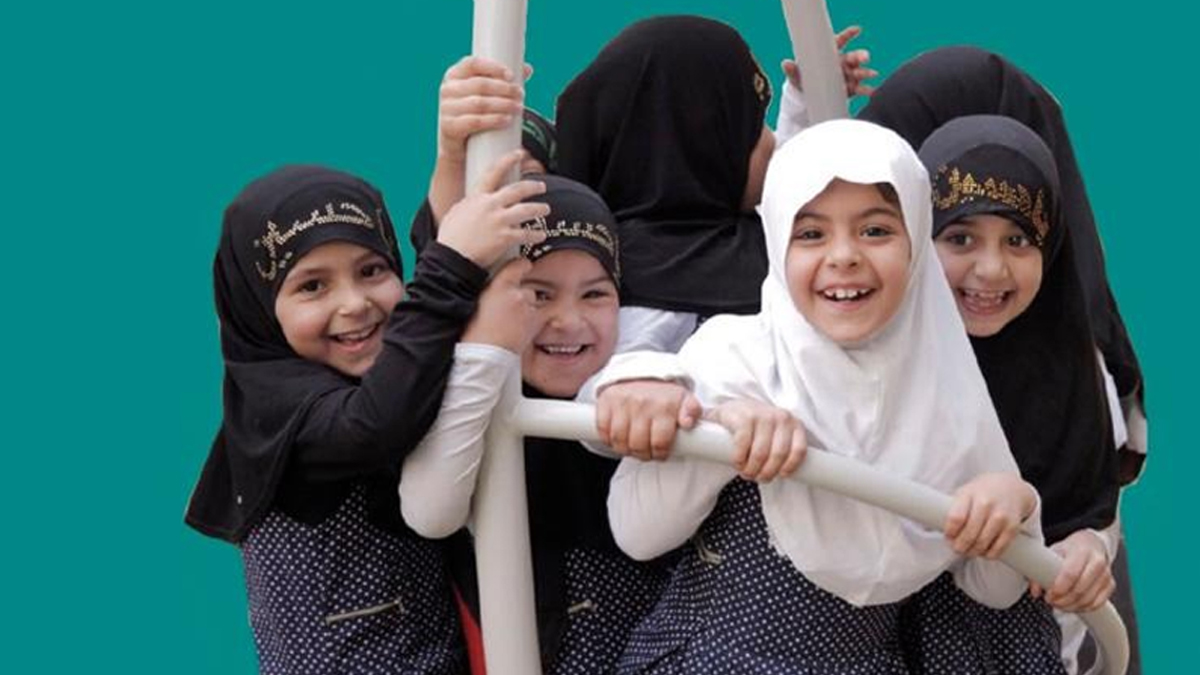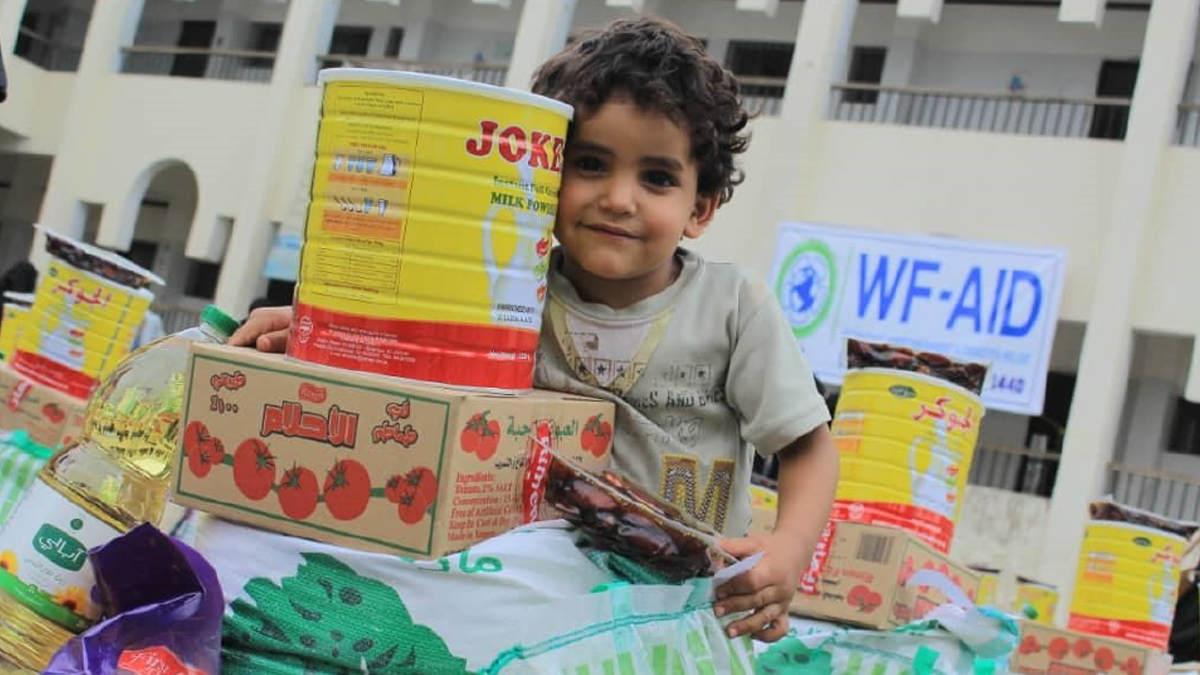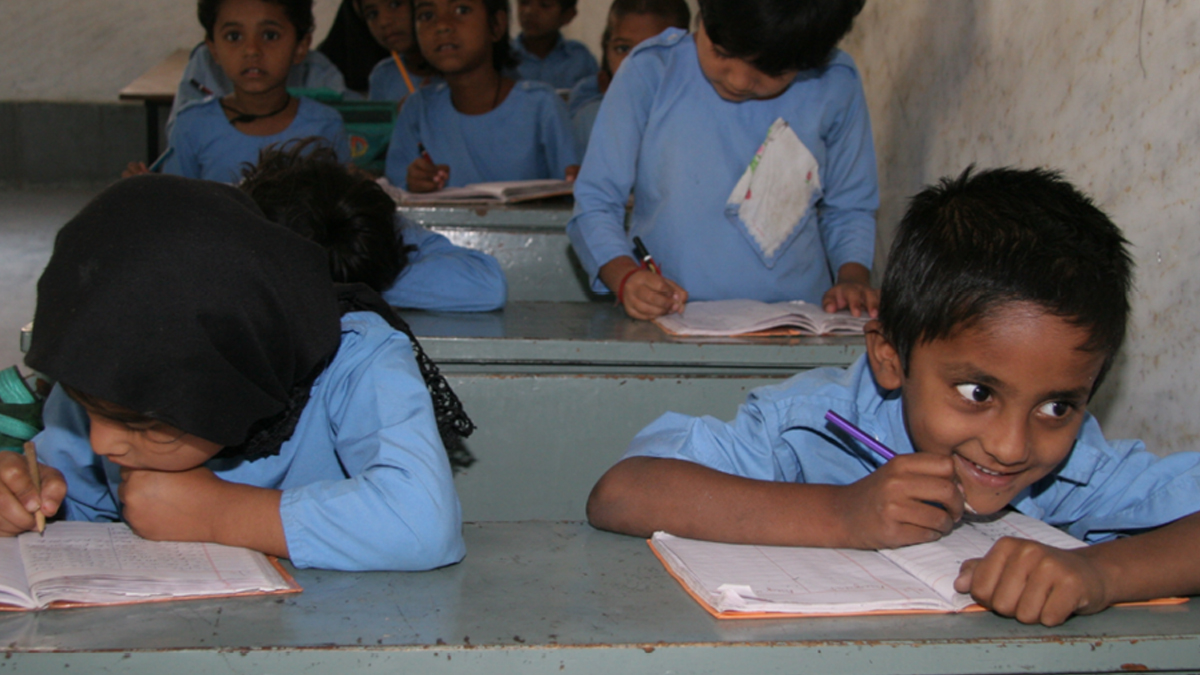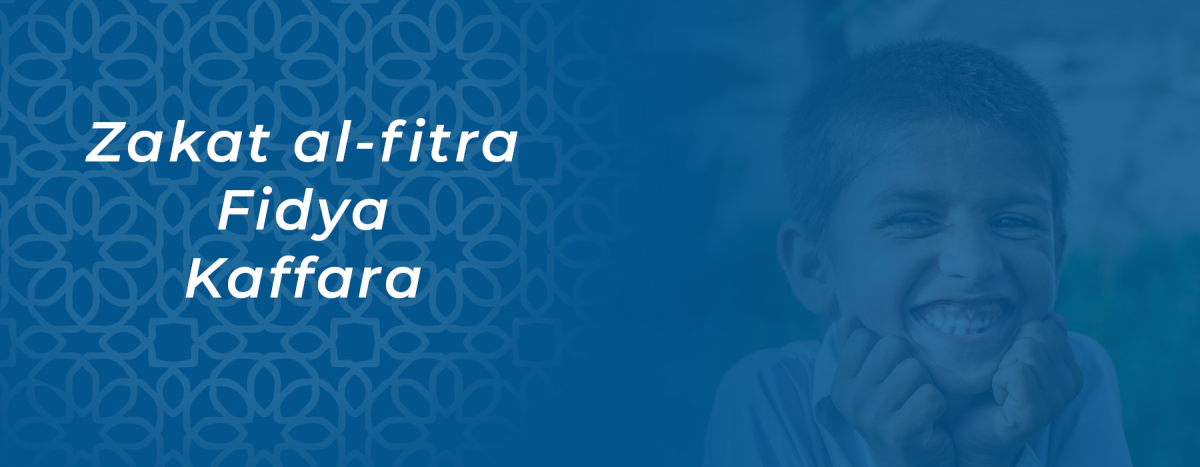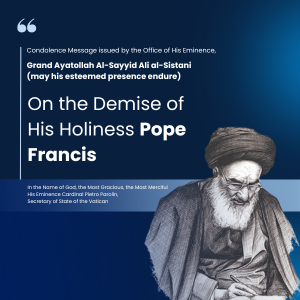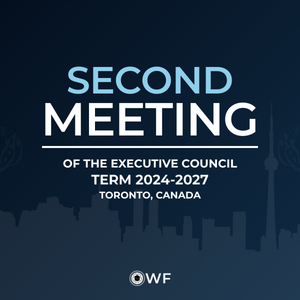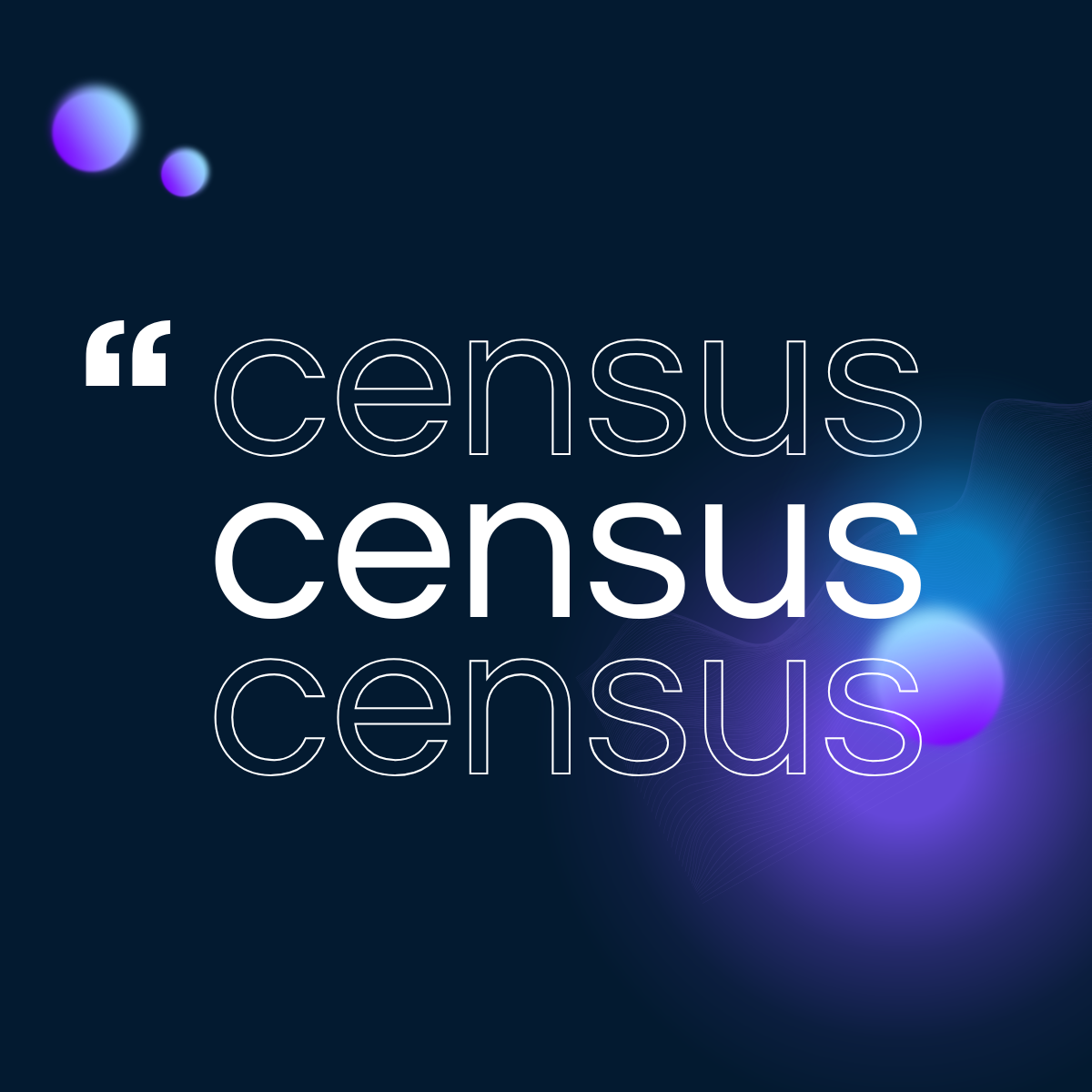In The Name of Allah (SWT), The Most Compassionate, The Merciful
السَّلاَمُ عَلَيْكَ مِنْ مُجَاوِر رَقَّتْ فِيهِ الْقُلُوبُ، وَقَلَّتْ فِيهِ الذُّنُوبُ
Peace be upon you, O [month] in whose proximity hearts became soft, and sins became few.[1]
As the caravan of existence continues its journey towards our Lord, once again we bid farewell to the month of endless Divine Mercy and Compassion; the month of forgiveness, family relations, kindness and charity for the needy, and ultimately the month of Meeting (liqaa) Allah (SWT), as the Hadith Qudsi states:
“Fasting is for Me [i.e. the worshipper fasts and abstains without disclosing it to others] and it is I who will reward it [directly, with all honour and magnanimity].”
Or, according to the other reading of this narration – “… and I am its reward [i.e. the worshipper will be awarded with the experience of My Proximity and Presence].” [2]
In this material life, Allah, The Almighty showers us with His bounties and nurtures us to reach perfection. Sometimes, this manifests in the form of trials and tests, as we witnessed during the Covid-19 pandemic, in which many of our community members fell ill, and some even lost the battle against it. We pray to Allah SWT to grant a speedy and full recovery to our sick, have Mercy on our deceased and grant patience to the bereaved.
One of the main foundations of our faith is welfare and social solidarity, in the form of sadaqa, kaffara, fidya and zakat al-fitra. This year, the Islamic Education Department received queries from mumineen regarding these four financial dues, which it would like to share with the general community:





